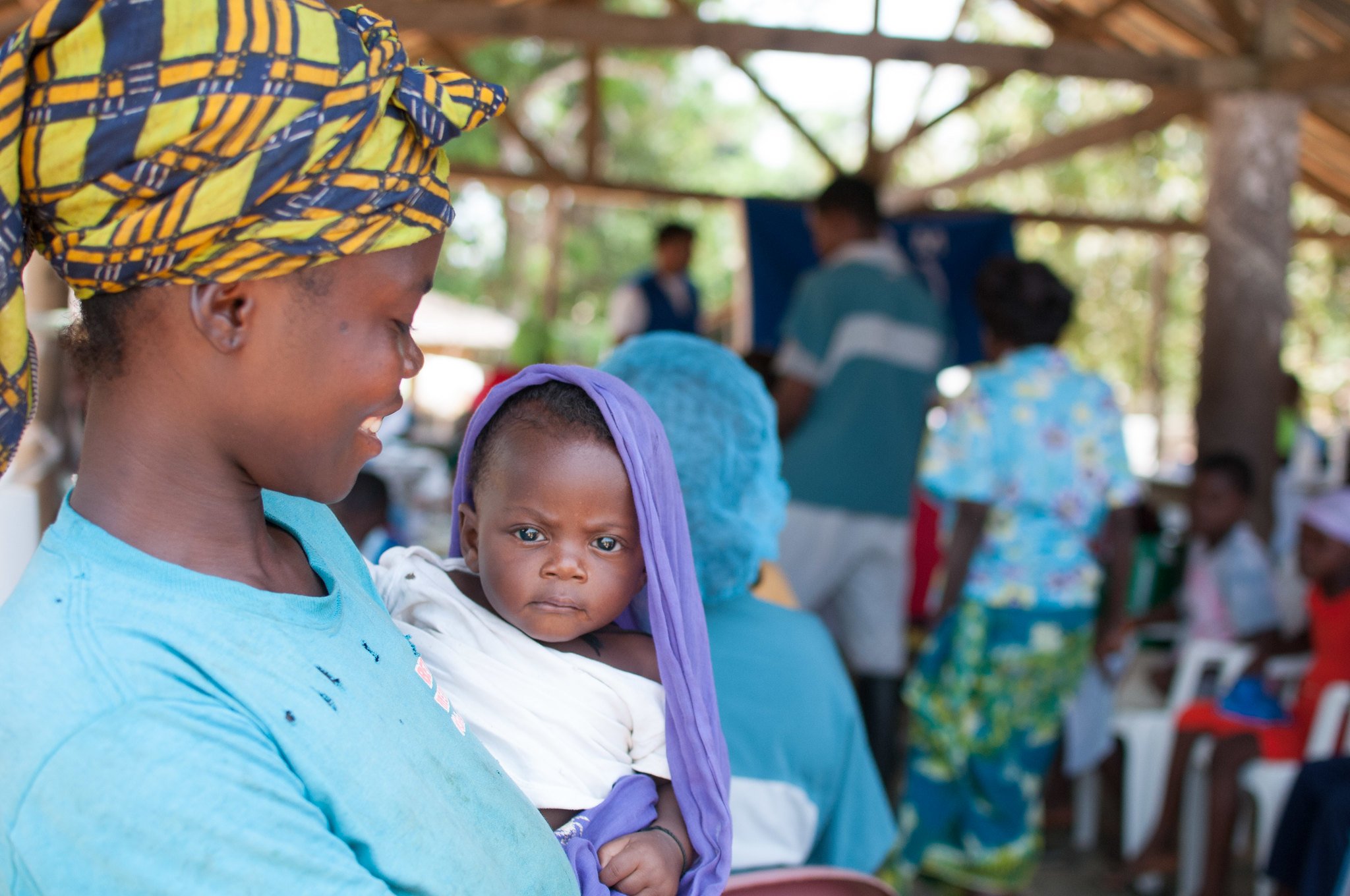Latest news
Stay up to date on the latest activities and publications from hera
Archive
- 2023
- 2024
- 2025
- Aarti Patel
- Accountability
- Afghanistan
- Africa
- Alejandra Martinez
- Algeria
- Alice Behrendt
- Alice Peschiutta
- Angola
- Anne Buve
- Argentina
- Asia Pacific
- Assessment
- Bangladesh
- Basic Health Services / Primary health care
- Behaviour Change Communication
- Belize
- Benin (Dahomey)
- Botswana
- Cabo Verde
- Calvin Tonga
- Caribbean
- Central Asia
- Chad
- Child Protection
- Children
- Cholera
- Climate change
- Communicable diseases (CD)
- Community Engagement
- Community Health Workers
- Comoros
- Costing studies
- Country Capacity
- Covid-19
- Crisis Management
- Côte d'Ivoire
- DRC
- Demand side financing
- Development
- Development Cooperation
- Dia Timmermans
- Dijbouti
- Drug Pricing
- Drug Regulatory Authority
- Ecuador
- Ed Vreeke

Update on the Spotlight Initiative Mid - Term Assessment: Eliminating all forms of violence against women and girls
In October 2020, hera was awarded a two-year contract with UN WOMEN for the Mid-Term Assessment of the Spotlight Initiative, a multi-year initiative between the European Union (EU) and the United Nations (UN), focused on eliminating all forms of violence against women and girls (VAWG).

Summative evaluation of the WHO Rapid Access Expansion (RAcE) Initiative
In 2012 the government of Canada provided a grant to the WHO Global Malaria Programme (GMP) to support the scale-up of the diagnosis and treatment of children with pneumonia, diarrhoea and malaria by Community Health Workers, an approach known as integrated community case management (iCCM). The six-year programme, labeled the Rapid Access Expansion (RAcE) initiative, distinguished itself from other internationally funded iCCM programmes by aiming to achieve universal health coverage for all children in hard-to-reach areas within selected geographic boundaries.

Developing a monitoring framework for Universal Health Coverage in the WHO African Region
In 2015 hera was contracted by the WHO Regional Office for Africa (WHO AFRO) to provide an assessment of the status of UHC determinants including the status of progress on the 2008 Ouagadougou and Algiers Declarations.
